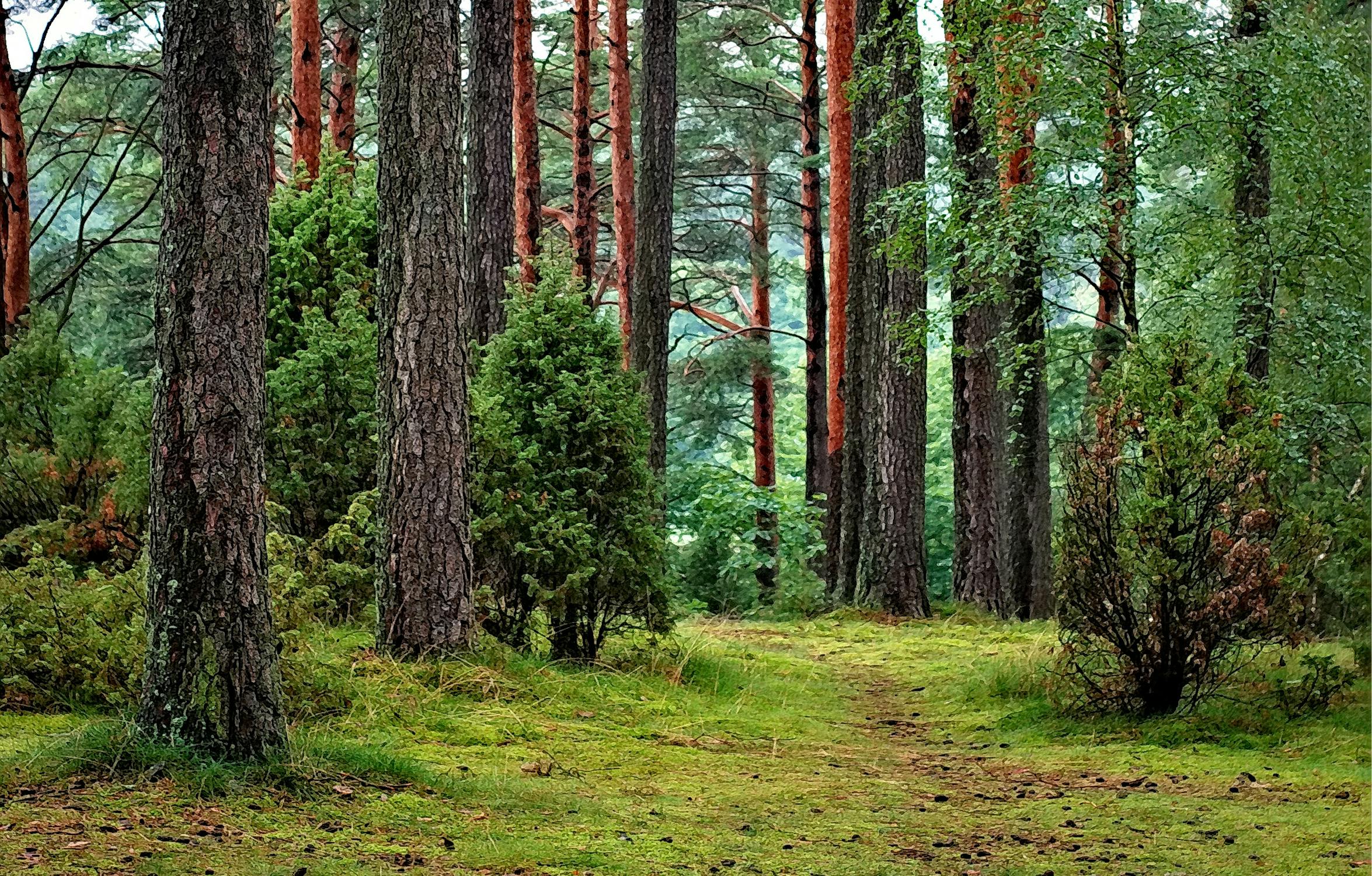10 Super Cool Facts About Trees
Thursday, October 8, 2020 10:01:42 AM America/Los_Angeles
gr

Photo by Pixabay
- Reforestation hasn’t been limited to rural or forested areas. Urban reforestation has seen a revival in even the biggest of cities, including but not limited to Los Angeles, Chicago, and New York. In fact, Central Park in Manhattan, NY was developed in the 1850s to provide a green respite from city life.
- Even businesses benefit from trees! Studies have shown that consumers demonstrate 12% more willingness to buy products and services from areas that are greener and have more foliage.
- In the 1970s, NASA and the US Forest Service (USFS) tried an experiment in which hundreds of tree seeds were taken to the moon, germinated, and then brought black to be planted in U.S. soil. These trees were called “Moon Trees” and are planted all over the country. Many were given away to different state forest agencies to celebrate the nations’ bicentennial.
- Dogs have evolved to mark trees because they serve as clear markers of territory. And because marking is a form of dominance, taller objects can be more desirable as it will ensure that the smell can emanate at (dog) nose-level. Unfortunately, this means they also take to marking surfaces such as the Christmas tree or your favorite rose bush.
- Trees, unlike most living organisms, don’t die of old age. The oldest known tree is over 5,000 years old. Located in White Mountains, CA, the tree is a Great Basin bristlecone pine. This species of pine is especially known for its longevity.
- Trees provide food, shelter, and resources to all kinds of species. This includes humans. At least 300 million people live in forests today!
- Scientists have, in recent years, been able to prove an observation made by Leonardo Da Vinci 500 years ago--if all the branches of a tree are put together, they would be equal in thickness to the girth of the trunk.
- Trees can extract up to 100 gallons of water a day out of the ground, which it then discharges into the air, providing oxygen.
- Trees have been proven to lower air temperatures due to their ability to evaporate water into their leaves. This is becoming an increasingly vital function as climate change rapidly intensifies and brings temperatures to record levels globally.
- The history of community gardening goes as far back as the 1800s in the U.S. And it’s no surprise--in addition to providing food and other resources, these gardens have been shown to increase community engagement, relieve mental fatigue, and teach people of all ages the practical skills needed to be more self-sufficient.
Share: